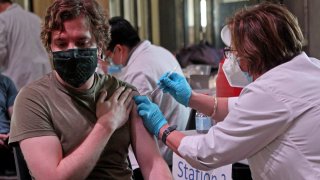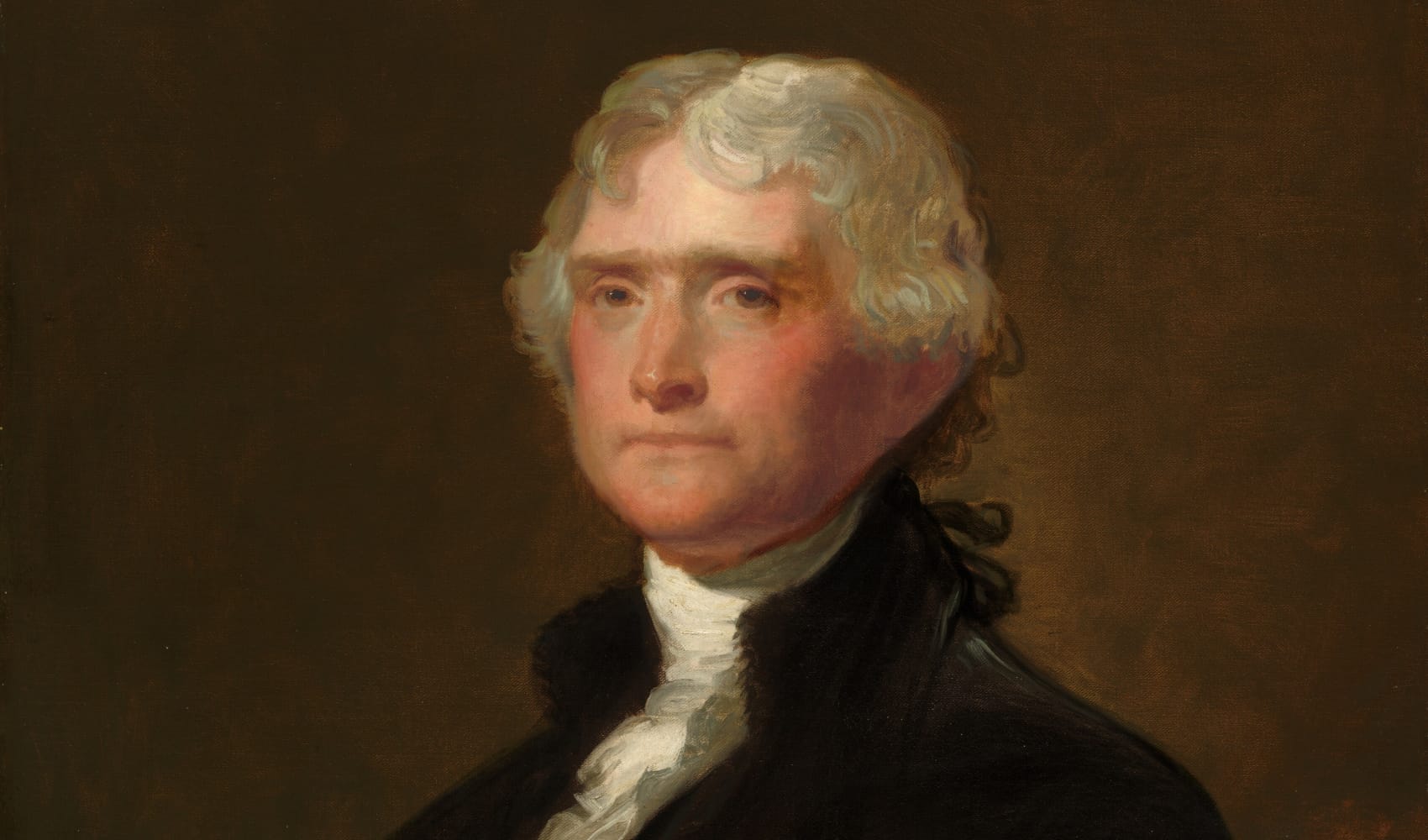
- Dr. Peter Marks at the Food and Drug Administration said people might need another booster shot in the fall.
- Marks also said the U.S. might need to switch to a different vaccine that targets specific variants of Covid.
- The FDA on Tuesday approved a fourth dose for people age 50 and older and fifth dose for certain younger individuals with compromised immune systems.
People in the U.S. might need another Covid booster shot this fall as public health experts expect immunity from the vaccines to wane and transmission of the virus to increase during colder months, the Food and Drug Administration's top vaccine official said Tuesday.
Dr. Peter Marks, head of the FDA office responsible for vaccine safety, indicated the U.S. might need to offer fourth shots for people under 50-years-old in the fall. People who are now eligible for fourth shots would likely get a fifth shot if there's evidence that would be beneficial, Marks told reporters on a conference call.
Marks also said the U.S. could switch to a different vaccine that targets a specific Covid variant or a mix of several. The current vaccines were developed against the original virus that emerged in Wuhan, China in late 2019, and their effectiveness has declined over time as the virus mutates. Pfizer and Moderna are conducting clinical trials on shots that target both omicron and other circulating variants.
The FDA will hold an advisory committee meeting on April 6 to discuss the future of booster shots in the U.S. and whether the vaccines need an update to offer better protection against variants.
Get Tri-state area news delivered to your inbox. Sign up for NBC New York's News Headlines newsletter.
"It would not be surprising if there is a potential need for people to get an additional booster in the fall along with a more general booster campaign if that takes place," Marks said. "It may be that a decision is made that rather than the vaccines we currently have, which are called vaccines against the prototype virus, that we will move to a vaccine that is either against one of the variants or something else."
Money Report
The FDA on Tuesday authorized a fourth dose of Pfizer and Moderna's original vaccine for people ages 50 and older. The drug regulator also authorized a second booster dose for younger people with compromised immune systems. People ages 12 and older with certain underlying medical conditions are eligible for Pfizer, and people age 18 and older with the same health problems are eligible for Moderna.
Marks said evidence from Israel suggests a fourth dose can reduce the risk of hospitalization and death in older adults. The more contagious omicron subvariant, BA.2, has caused new waves of infection in major European nations as well as in China. The subvariant is now dominant in the U.S. White House chief medical advisor Dr. Anthony Fauci said earlier this month that BA.2 could cause infections to rise in the U.S., though he's not expecting another surge.
Marks said the FDA decided to offer a fourth dose to older adults and a fifth shot to certain individuals with compromised immune systems so they have the tools to protect their health if another wave occurs in the U.S.
Scientists and public health officials are divided over whether more boosters are needed right now. Israeli scientists found that a fourth dose significantly reduced mortality in people age 60 and over compared to people who received three shots. The study from Ben Gurion University and Clalit Health Services, Israel's largest health-care provider, has not undergone peer review.
However, another Israeli study of health-care workers ages 18 and older indicated that fourth dose did not boost immunity in younger adults, many of whom still got asymptomatic and mild breakthrough infections.
"A fourth vaccination of healthy young health-care workers may have only marginal benefits," Dr. Gili Regev-Yochay and a team of scientists from Sheba Medical Center and Israel's Ministry of Health who conducted the study wrote in a letter to the New England Journal of Medicine this month.






